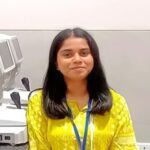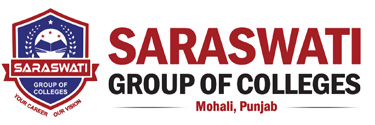explore the metaverse of opportunities at one place, and lets our students say about us.
Only Destination in North India providing abundant career opportunities in healthcare sector and preparing future leaders industry ready.
Only Private Group of Medical Institutions in Punjab, India
1st private group of colleges in Punjab having parent 100 bedded multispecialty allopathy & Ayurveda hospital
Only Private Group of Medical Institutions offer Medical Oriented Courses.
One Group of Colleges, spread across 25+ Acres, offering 26+ programs at Diploma, Under Graduate, Post Graduate, and Doctoral Levels, allied sciences, and physiotherapy.
Beautiful & Lush Green Campus Spread Over 25+ acres.
One Group of Colleges, spread across 25+ Acres, offering 26+ programs at Diploma, Under Graduate, Post Graduate, and Doctoral Levels, allied sciences, and physiotherapy.
Special emphasis on Global Exposure through Bilateral International Exchange Programs.
Special emphasis on Global Exposure through Bilateral International Exchange Programs, International visiting faculty programs, providing you with a diverse learning experience.

Furkan Mushtaq
B.Sc. Optometry-2022, Comfortable Environment

Anchal Rathore
B.Sc. Optometry -2022, Full of possibilities and opportunities

Tithi Sarkar
B.Sc. Optometry -2022, One of the finest Infrastructures







